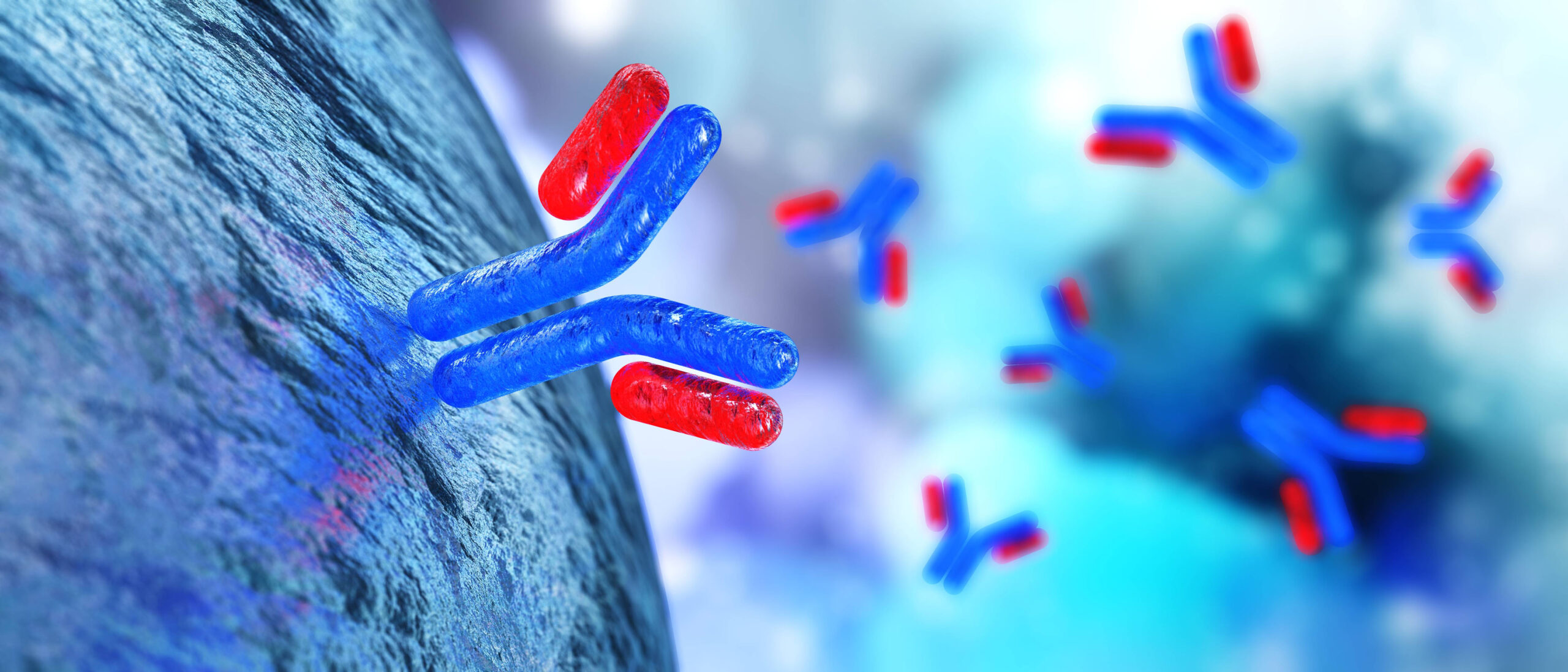ASBM Comments Cited in Decision to Remove Biologic Medicines from NIOSH Hazardous Drugs List
On July 30th, ASBM submitted comments on the National Institute for Occupational Safety and Health’s (NIOSH’s) proposed Hazardous Drugs List additions for 2020. (The original due date for comments had been June 30th, but the comment period was extended to July 30th.)
When the comment period was initially announced, several biologic medicines had been proposed- in ASBM’s view inappropriately- for inclusion on the 2020 NIOSH Proposed List of Hazardous Drugs in Healthcare Settings. These included the biologics trastuzumab and bevacizumab, widely used in cancer treatment.
Thankfully, when extending the deadline for comments, NIOSH indicated that trastuzumab and bevacizumab were no longer being considered for inclusion on the List.
ASBM’s previous comments regarding the inclusion of monoclonal antibodies on the NIOSH list were among those cited in the Federal Register as the reason for the change:
Comment: Monoclonal antibodies (i.e., therapeutic proteins) are of such a large molecular weight that they do not pose a realistic risk to healthcare workers. For example, monoclonal antibodies ‘‘are too large to be absorbed through skin contact, and if ingested, they would be destroyed by digestion; if inhaled, the pulmonary system would prevent absorption. Consequently, these drugs are all administered by injection. The only potential risk to healthcare workers is of an accidental needle stick, which would not inject a pharmacologically active dose.’’
Accordingly, the monoclonal antibodies bevacizumab, blintumomab, and trastuzumab should not be placed on the List, and pertuzumab should be removed from [Table 1].
In ASBM’s comments, executive director Michael Reilly and Philip Schneider commended NIOSH for these revisions to the list:
The placement of these medicines on the NIOSH List would have compelled healthcare workers to take extraordinary precautions when handling and dispensing these drugs- including stringent facility, personal protective equipment, training, and waste disposal requirements specified in standards such as USP chapter <800>.
This would have imposed a significant burden on health care providers, imposing requirements for safe receipt, storage, preparation, and administration. These burdens would have increased health care costs unnecessarily and negatively affected access to these new, breakthrough therapies; such as by limiting which sites these critical medications are available and can be administered, such as infusion clinics and a physician’s office setting.
ASBM recognizes that balancing health care worker safety against health care cost impact and patient access is a complicated consideration in policy development, and we trust that NIOSH will continue to make good decisions as it attempts to strike the proper balance during its deliberations.
More information about the Proposed List of Hazardous Drugs may be found here.
Read ASBM’s full comments here.
